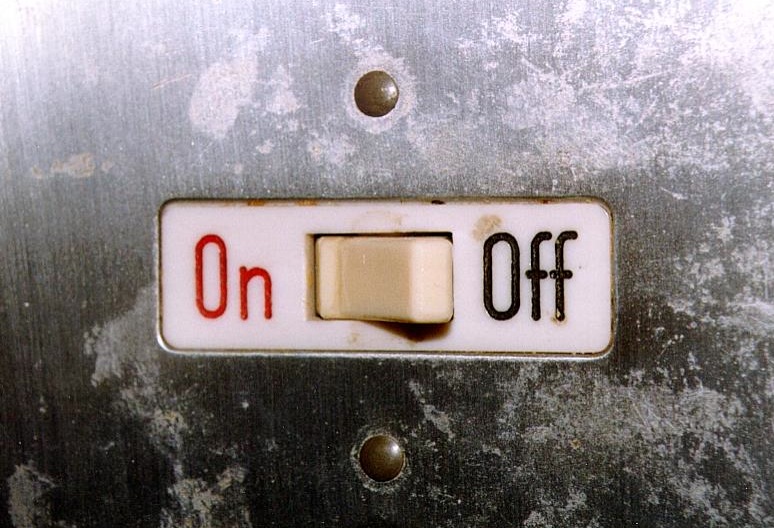Erin and Fred checked their email courtesy of Starbucks. The past few days they were disconnected from technology for a much needed get-away.
“Your attention, please,” the overhead page seeks another weary traveler’s attention.“This is the final boarding call for flight 372A to Kansas City. Passengers Erin and Fred Collins please proceed to gate 3 for flight 372A to Kansas City. The doors of the aircraft will close in approximately five minutes.”
In the midst of all the noise of DFW, the sound of her name grabbed Erin’s attention. Panic kicked in, “Fred we gotta go, we’re going to miss our flight!” Hearts pounding, they raced from the Gate 10 Starbucks to catch their flight home.
Been there.
Plate-spinning anyone?
Multitasking, you do know it’s a myth, right? So eliminate, “Great at multitasking,” from your resume, please.
All this “attention switching” – prompted by overflowing email inboxes, mobile phones, and text messaging – lowers your IQ. According to research at the Institute of Psychiatry, workers distracted by technology “saw a 10-point fall in their IQ.”
Dr. Glenn Wilson reports that people who are “constantly breaking away from tasks to react to email or text messages suffer similar effects on the mind as losing a night’s sleep.”
So what about productivity and switch-tasking? One study reports a 40% s l o w e r response rate in problem-solving when students switched back-n-forth between tasks.
May I interrupt you, please
Studies by Gloria Mark, an “interruption scientist,” show that when “people are frequently diverted from one task to another, they work faster but produce less.” During 20 minutes of interrupted performance, “people report significantly higher stress levels, frustration, workload, effort, and pressure.”
What’s your day like?
Buzz. Vibrate. Ding.
Remember the movie where Tom Hanks and Meg Ryan find love through sleepless nights? It made AOL’s notification, “You’ve got mail,” famous. Today we seem to love notifications: the ping of a new text message, the tone alerting you of an upcoming calendar event or a reminder to get milk on your way home or that beep announcing the urgency of another email.
Take a deeper dive into this battle for attention and there’s a productivity price for getting buzzed by your smart device. New research, “The Attentional Cost of Receiving a Cell Phone Notification,” reports:
It is well documented that interacting with a mobile phone is associated with poorer performance on concurrently performed tasks because limited attentional resources must be shared between tasks.
However, mobile phones generate auditory or tactile notifications to alert users of incoming calls and messages. Although these notifications are generally short in duration, they can prompt task-irrelevant thoughts, or mind-wandering, which has been shown to damage task performance. We found that cellular phone notifications alone significantly disrupted performance on an attention-demanding task, even when participants did not directly interact with a mobile device during the task. The magnitude of observed distraction effects was comparable in magnitude to those seen when users actively used a mobile phone, either for voice calls or text messaging.
Create space for your attention
While you may not miss your next flight what are you missing due to distractions in your space? How much attention switching do you practice? How much stress and frustration are created by interruptions when on a task? How distracted are you by your smart phone’s or computer’s notifications?
No, really?
What action are you willing to take?
What if you declare “no buzz zones” on your calendar? No notifications on your monitor or mobile device.
What if you silence notifications to focus on “that project”?
What’s increased productivity worth to you?
Where do you need to take control so you pay attention?
Here’s to your victory,
Steve

